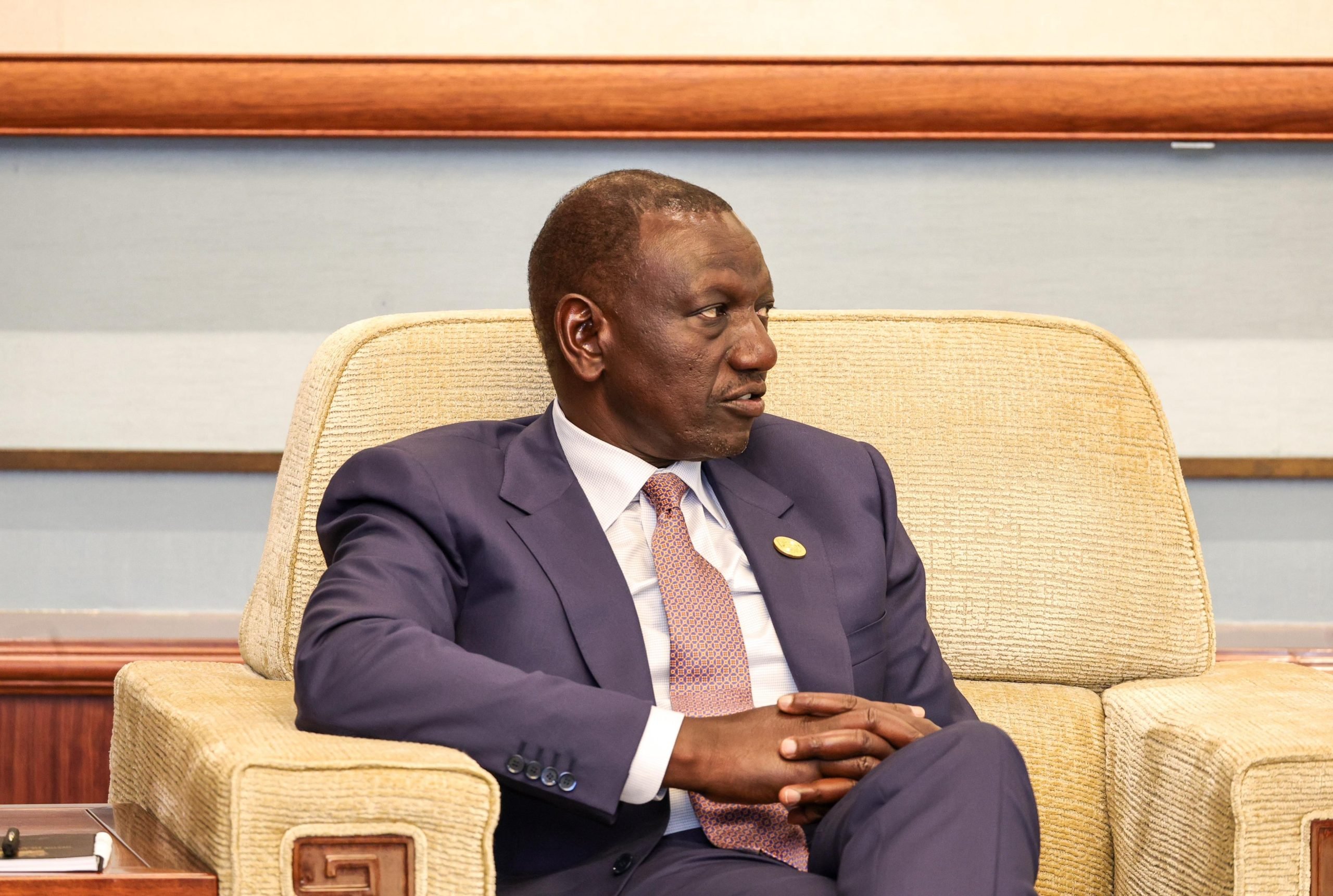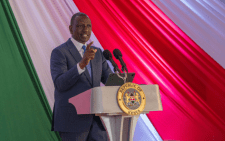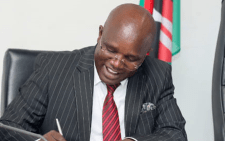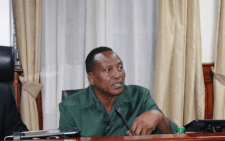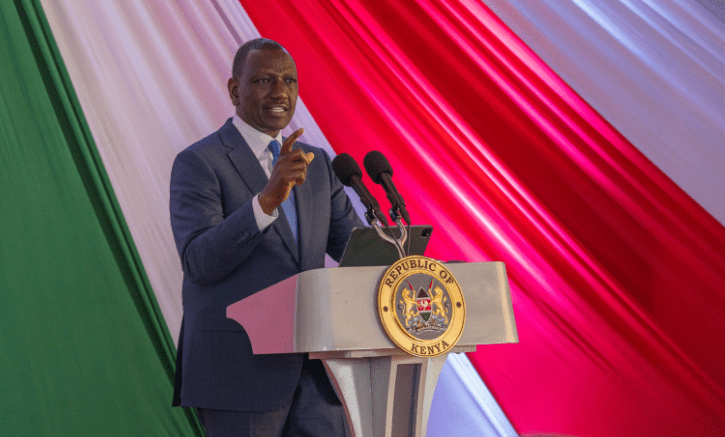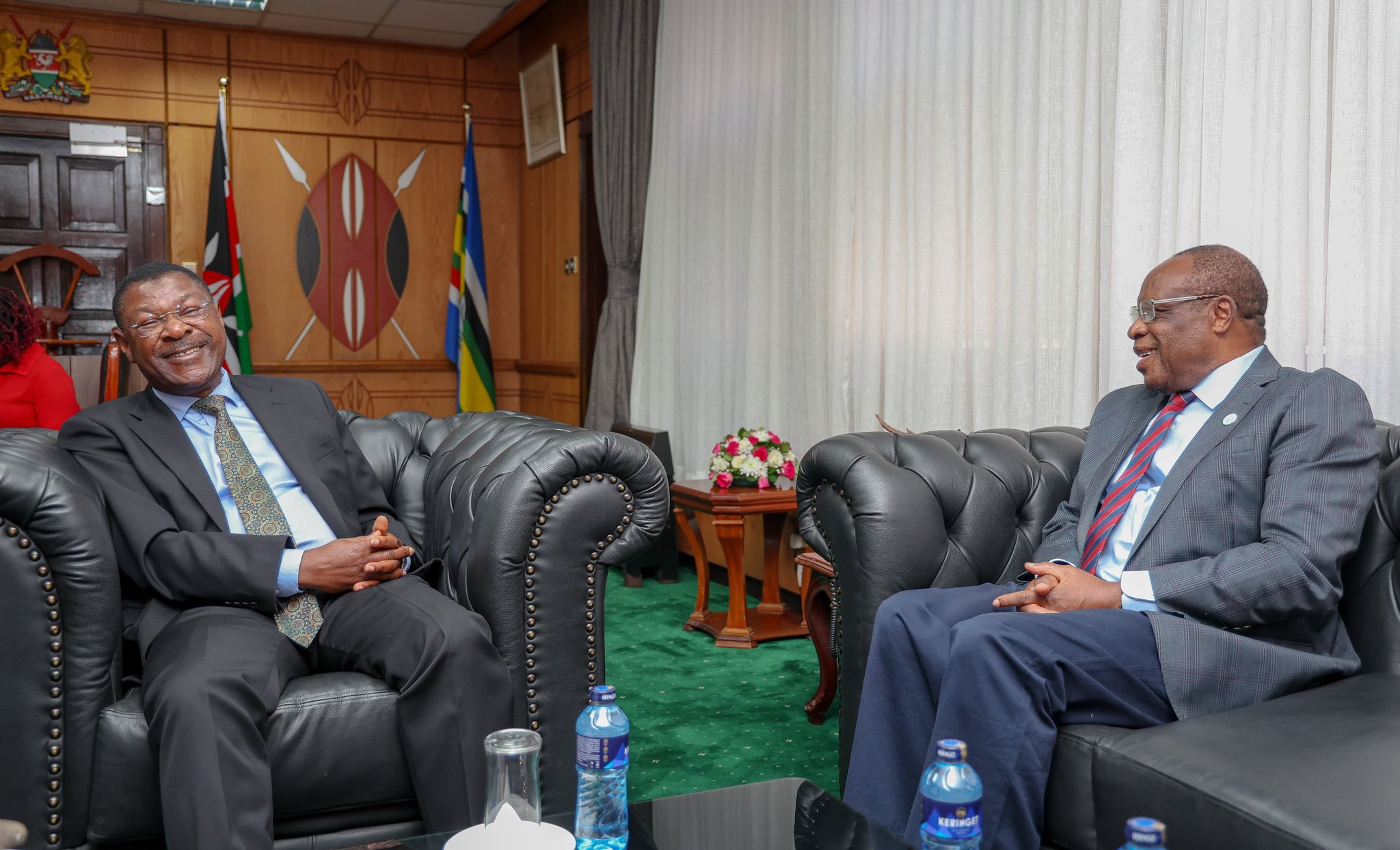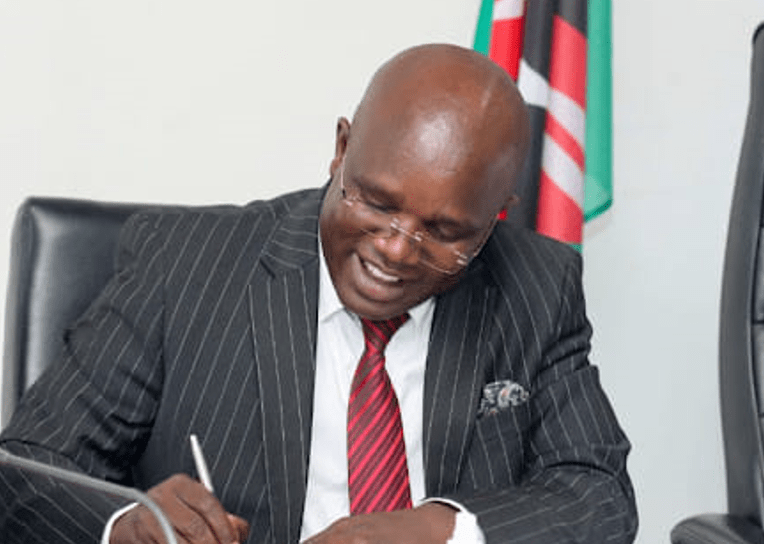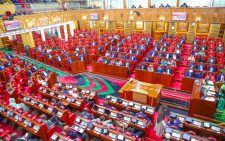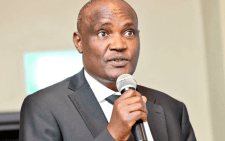That over half of the people who borrow from the Financial Inclusion Fund, also known as the Hustler Fund, have defaulted on repayments, with over Sh11 billion outstanding, raises serious concerns about the project.
Worryingly, recent statistics show that non-performing loans in the fund, which was designed to offer credit to millions of Kenyans, particularly those blacklisted by commercial banks, have reached 21 per cent.
While the alarming non-repayment rate underscores the government’s challenges in recovering the money, the situation is further complicated because, prior to his appointment, Cooperative Cabinet Secretary Wycliffe Oparanya had publicly advised defaulters not to repay their loans.
Now, his change of stance is being called into question, with critics accusing him of hypocrisy for reversing his position after joining the government. Rightly so, Edwin Sifuna, the Orange Democratic Movement secretary-general, has labelled Oparanya’s shift in position on the fund as doublespeak.
This goes a long way to show the brutal reality of the tension between political promises and financial realities in leadership positions. Opposition leaders who have recently transitioned to government roles now face a lot of scrutiny, with figures like Treasury Cabinet Secretary John Mbadi expected to face tough interrogation over any controversial government initiatives, especially those that contradict his past positions.
Oparanya has defended his change of heart, stating that after reviewing the finer details of the Hustler Fund in his new role, he now believes it has the potential to benefit small-scale traders. Instead of taking punitive measures against defaulters, Oparanya says he will now engage local leaders, such as chiefs, to educate communities on the fund’s importance and encourage repayments.
Meanwhile, Mbadi, once a vocal critic of the government’s economic policies, particularly the Bottom-Up Economic Transformation Agenda, is now tasked with stabilising the economy, managing debt, and fostering growth. While his past criticisms will inevitably shape his approach to these responsibilities, they will also open him up to scrutiny from the public.
As these former Opposition leaders get accustomed to their new roles in government, the key question remains: How will their sudden transition from critics to key government figures affect the policies they once opposed, and can they deliver real change under these new circumstances? Only time will tell but your bet is as good as ours.

